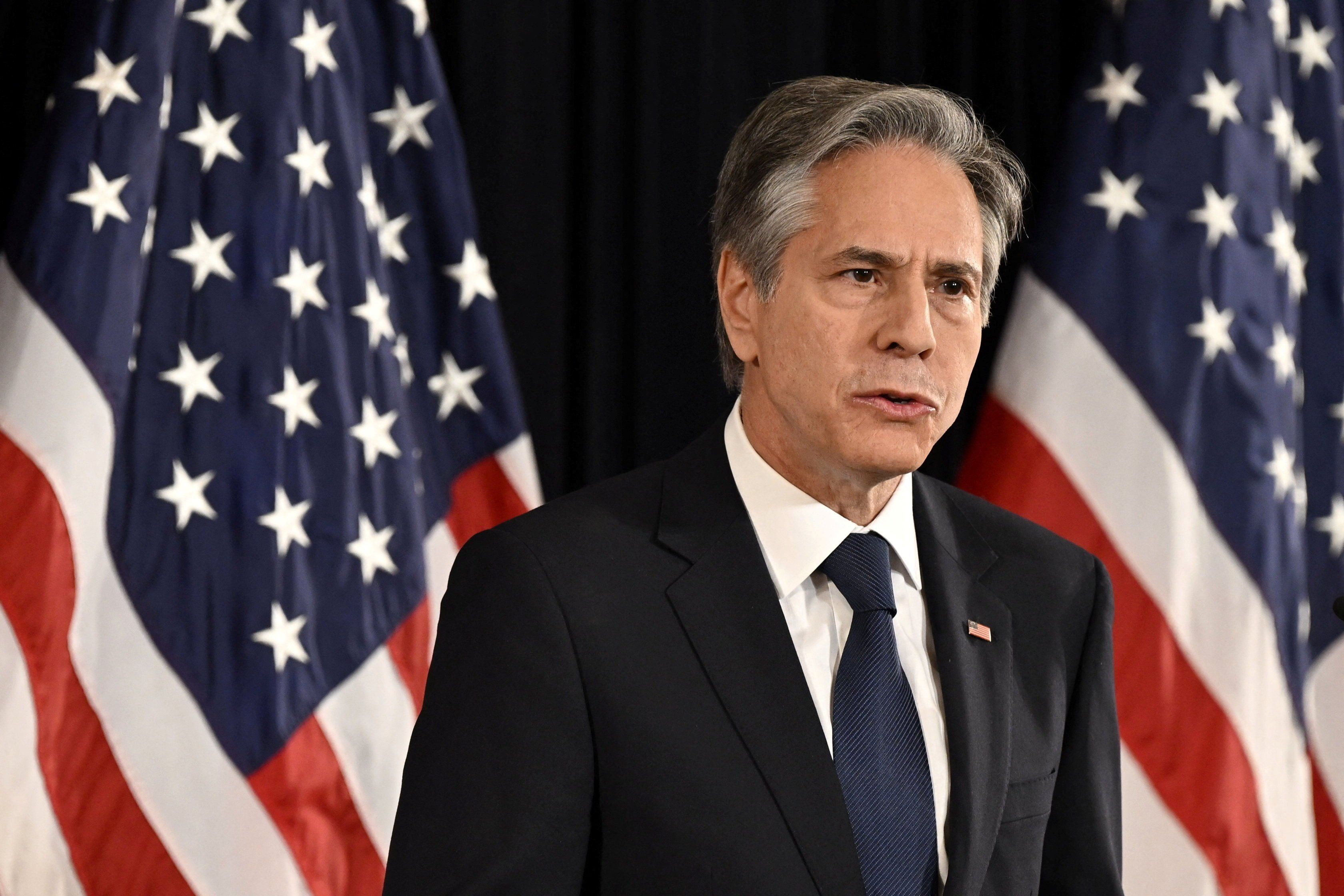June 05, 2023
US Secretary of State Antony Blinken traveled on Tuesday to Saudi Arabia for a three-day trip, marking the second high-level US visit to the kingdom over the past month.
While few have expectations of a large breakthrough in a relationship that's been underpinned by awkward exchanges and tense standoffs for some time, Blinken is likely hoping to bolster waning trust.
Why now? The US’ top diplomat likely hopes that confidence-boosting measures can help give Washington some renewed influence over global oil policy, which the Saudis largely steer. And the timing of this trip couldn’t be more apt, particularly after Riyadh announced Sunday that it will unilaterally slash oil production by 1 million barrels per day starting next month. (You may recall that the kingdom’s decision to cut oil output – in turn raising gas prices – ahead of the 2022 midterm elections deepened the US-Saudi rift.)
Blinken also reportedly aims to push the Saudis to normalize ties with Israel, which has long been on the cards but hasn’t materialized due to a range of sticking points.
To be sure, the US-Saudi relationship is important to both sides. However, deteriorating relations amid a changing geopolitical landscape reinforce that the longstanding model of Saudi oil in exchange for US arms and security guarantees no longer flies.
More For You
- YouTube
In this Quick Take, Ian Bremmer weighs in on the politicization of the Olympics after comments by Team USA freestyle skier Hunter Hess sparked backlash about patriotism and national representation.
Most Popular
Bad Bunny during the Super Bowl LX halftime show press conference at Moscone Center.
Kirby Lee-Imagn Images
100 million: The number of people expected to watch the Super Bowl halftime performance with Bad Bunny, the Puerto Rican superstar and newly minted Album of the Year winner at the Grammys.
Alysa Liu of Team USA during Women Single Skating Short Program team event at the Winter Olympic Games in Milano Cortina, Italy, on February 6, 2026.
Raniero Corbelletti/AFLO
Brazilian skiers, American ICE agents, Israeli bobsledders – this is just a smattering of the fascinating characters that will be present at this year’s Winter Olympics. Yet the focus will be a different country, one that isn’t formally competing: Russia.
What We’re Watching: Big week for elections, US and China make trade deals, Suicide bombing in Pakistan
Feb 06, 2026
Japanese Prime Minister Sanae Takaichi, president of the Liberal Democratic Party (LDP), appeals for a candidate during a street speech of the House of Representatives Election Campaign in Shintomi Town, Miyazaki Prefecture on February 6, 2026. The Lower House election will feature voting and counting on February 8th.
The Yomiuri Shimbun
Japanese voters head to the polls on Sunday in a snap election for the national legislature’s lower house, called just three months into Prime Minister Sanae Takaichi’s tenure.
© 2025 GZERO Media. All Rights Reserved | A Eurasia Group media company.
